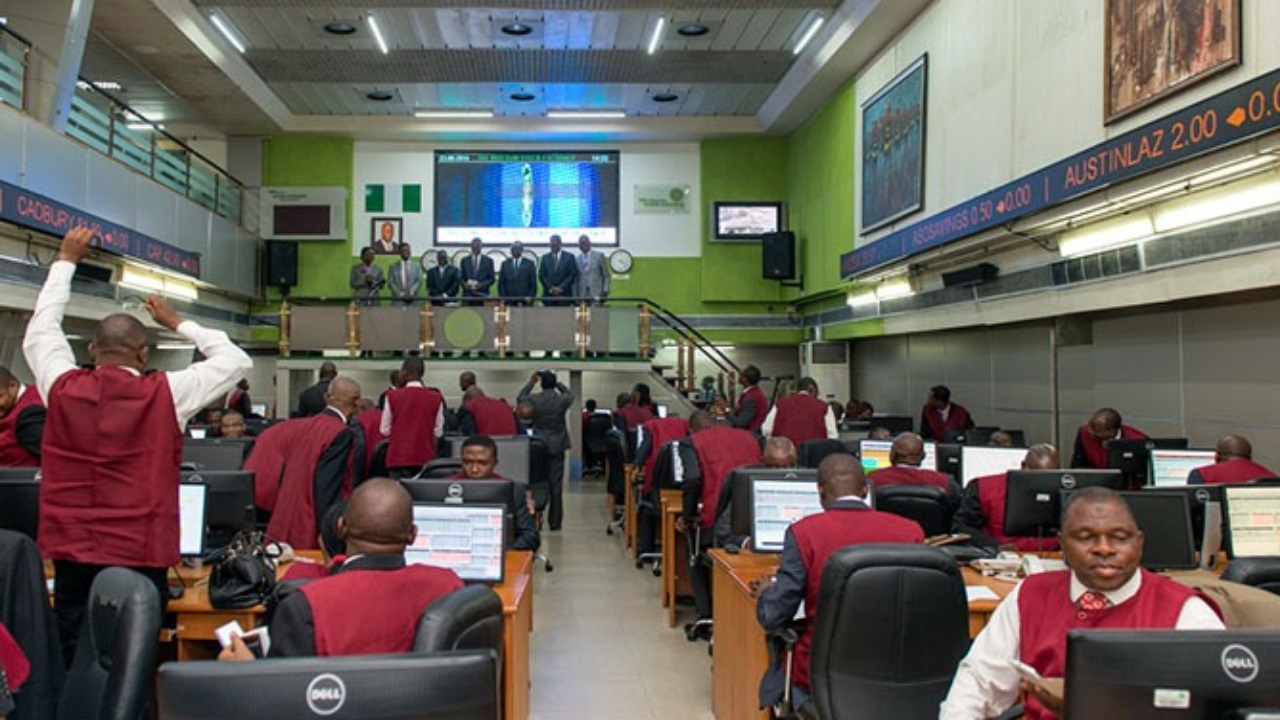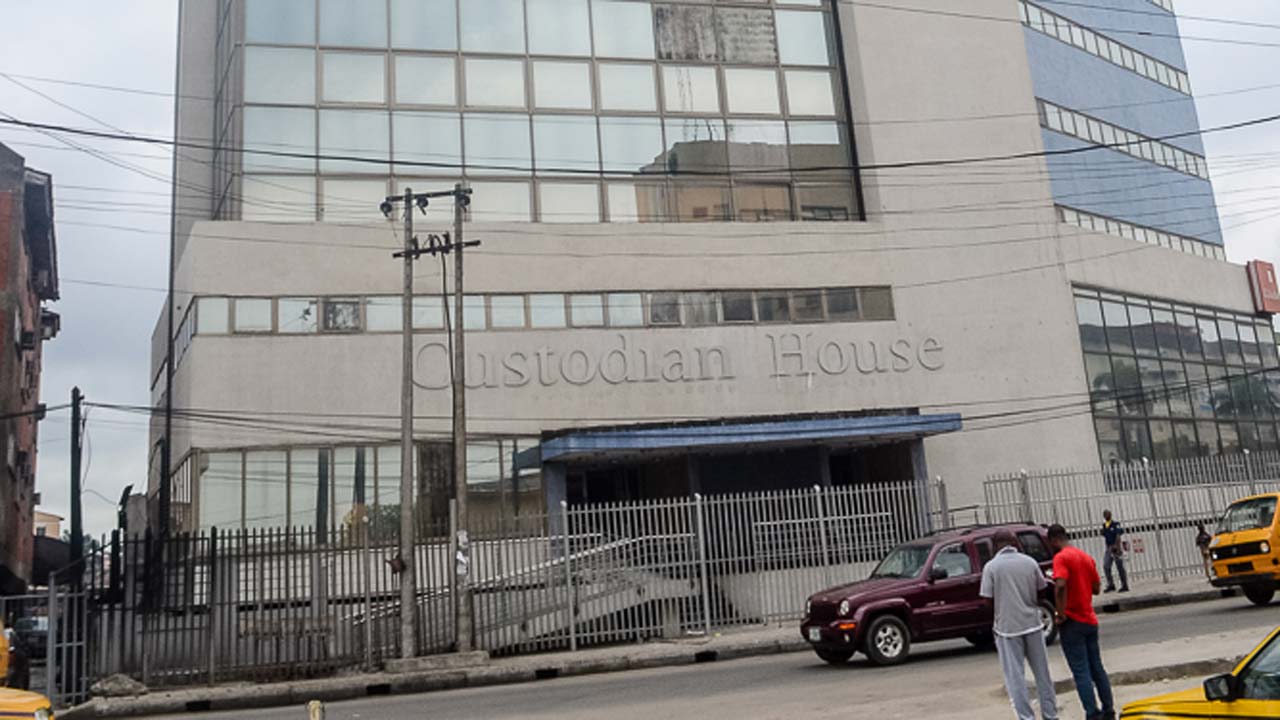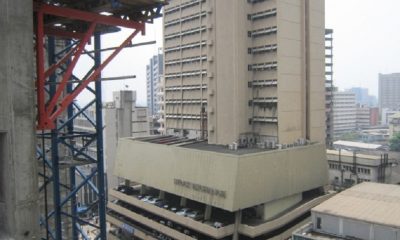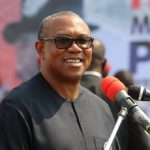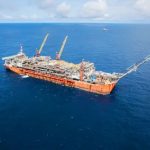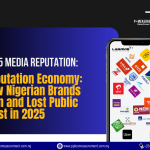Economy
Chinese Stocks Rebound May Flow to Wall Street
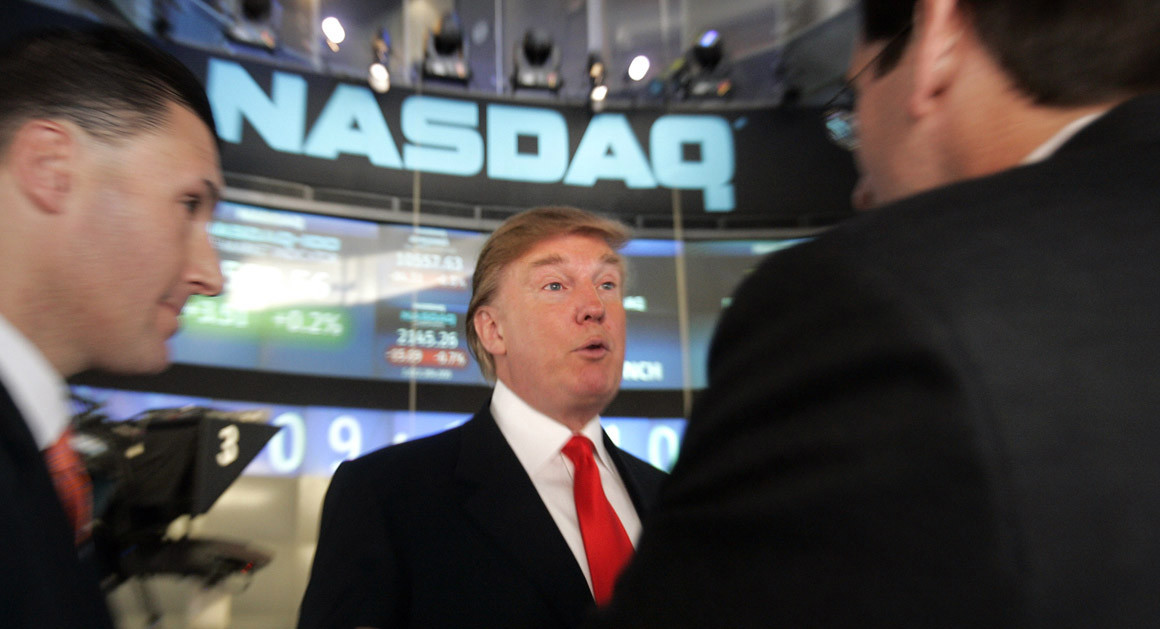
By Investors Hub
The major U.S. index futures are pointing to a higher opening on Friday, with stocks likely to regain ground following the sell-off seen in the previous session.
Early buying interest may generated by a rally by Chinese stocks, which rebounded strongly from an initial move to the downside despite disappointing GDP data.
Data showed Chinese GDP climbed an annual 6.5 percent in the third quarter, shy of estimates for 6.6 percent and down from 6.7 percent in the previous quarter.
However, investors reacted positively after three top Chinese financial regulators stepped in to bolster investor confidence.
The heads of the People’s Bank of China, the Securities Regulatory Commission and the Banking and Insurance Regulatory Commission all issued statements expressing support for the markets.
A positive reaction to upbeat earnings news from big-name companies such as Procter & Gamble (PG) and Honeywell (HON) may also contribute to initial strength on Wall Street.
Traders may be reluctant to make significant moves, however, as concerns about rising interest rates and tension between the U.S. and Saudi Arabia may continue to weigh on the markets.
After ending Wednesday?s trading roughly flat, stocks moved sharply lower over the course of the trading day on Thursday. The major averages attempted a recovery after seeing early weakness but saw a significant pullback as the day progressed.
The major averages ended the day firmly in negative territory. The Dow tumbled 327.23 points or 1.3 percent to 25,379.54, the Nasdaq plunged 157.56 points or 2.1 percent to 7,485.14 and the S&P 500 slumped 40.43 points or 1.4 percent to 2,768.78.
The sell-off on Wall Street on Wall Street came after Treasury Secretary Steven Mnuchin announced he will not attend an upcoming investment conference in Saudi Arabia.
“Just met with @realDonaldTrump and @SecPompeo and we have decided, I will not be participating in the Future Investment Initiative summit in Saudi Arabia,” Mnuchin said in a post on Twitter.
Mnuchin joins several other top executives and international finance leaders that have dropped out of the conference, including JPMorgan Chase (JPM) CEO Jamie Dimon and International Monetary Fund Managing Director Christine Lagarde.
The announcement by Mnuchin comes as Saudi Arabia continues to face considerable international pressure over the recent disappearance and apparent murder of journalist Jamal Khashoggi.
Lingering concerns about the outlook for interest rates also weighed on the markets as traders continued to digest the minutes of the Federal Reserve’s latest monetary policy meeting.
The minutes released Wednesday afternoon showed the Fed continues to favor a “gradual approach” to raising interest rates, with the meeting participants generally judging that the economy was evolving about as anticipated.
The Fed’s forecasts point to one more rate hike before the end of this year, with CME Group’s FedWatch indicating a nearly 80 percent chance of a quarter-point rate increase in December.
On the U.S. economic front, the Labor Department released a report showing a modest decrease in first-time claims for U.S. unemployment benefits in the week ended October 13th.
The report said initial jobless claims slipped to 210,000, a decrease of 5,000 from the previous week’s revised level of 215,000. Economists had expected jobless claims to edge down to 212,000.
A separate report released by the Federal Reserve Bank of Philadelphia showed manufacturing activity in the Philadelphia area grew at a slightly slower rate in the month of October.
The Philly Fed said its diffusion index for current general activity edged down to 22.2 in October from 22.9 in September, although a positive reading still indicates growth in regional manufacturing activity. The index had been expected to drop to 20.0.
Meanwhile, the Conference Board released a report showing its index of leading U.S. economic indicators increased in line with economist estimates in September.
The Conference Board said its leading economic index climbed by 0.5 percent in September after rising by 0.4 percent in August.
Oil service stocks showed a substantial move to the downside on the day, dragging the Philadelphia Oil Service Index down by 3.6 percent. With the drop, the index fell to its lowest closing level in over a month. The weakness among oil service stocks came amid a notable decrease by the price of crude oil.
Significant weakness was also visible among steel stocks, as reflected by the 2.8 percent slump by the NYSE Arca Steel Index. Steel stocks moved lower partly due to concerns about the outlook for Chinese demand.
Transportation stocks also saw considerable weakness, resulting in a 2.6 percent drop by the Dow Jones Transportation Average.
Semiconductor, software, retail, and financial stocks also showed notables moves to the downside, reflecting broad based weakness on Wall Street.
Economy
Presco, GTCO List Additional Shares on Stock Exchange

By Aduragbemi Omiyale
The duo of Presco Plc and Guaranty Trust Holding Company (GTCO) Plc has listed additional shares on the Nigerian Exchange (NGX) Limited.
The extra equities of these two publicly-listed organisations were admitted to the local stock exchange last Friday, increasing their respective total issued and fully paid-up shares.
For Presco, it listed fresh 166,666,667 ordinary shares of 50 Kobo each on the daily official list of the NGX on Friday, January 30, 2026, increasing its total issued and fully paid-up stocks from 1,000,000,000 units to 1,166,666,667 units.
The additional equities were from the rights issue of the firm allotted to shareholders on the basis of one new share for every existing six ordinary shares held as at close of business on Monday, October 13, 2025.
In a circular issued over the weekend, the NGX said, “Trading licence holders are hereby notified that additional 166,666,667 ordinary shares of 50 Kobo each of Presco Plc were on Friday, January 30, 2026, listed on the daily official list of Nigerian Exchange (NGX) Limited (NGX).
“The additional shares arose from the company’s rights issue of 166,666,667 ordinary shares of 50 Kobo each at N1,420.00 per share on the basis of one new share for every existing six ordinary shares held as at close of business on Monday, October 13, 2025.
“With the listing of the additional 166,666,667 ordinary shares, the total issued and fully paid-up shares of Presco Plc has now increased from 1,000,000,000 to 1,166,666,667 ordinary shares of 50 Kobo each.”
As for GTCO, it listed additional125,000,000 ordinary shares of 50 Kobo each at N80.00 per unit offered through private placement.
The fresh equities taken to Customs Street have raised the total issued and fully paid-up shares of GTCO from 36,425,229,514 to 36,550,229,514 ordinary shares of 50 Kobo each.
Economy
FG, States, Local Councils Share N1.969trn FAAC Allocation

By Adedapo Adesanya
A total of N1.969 trillion was shared to the federal government, the 36 state governments and the 774 local government councils from the gross revenue of N2.585 trillion generated by the nation in December 2025.
The money was disbursed to the three tiers of government at the January 2026 Federation Account Allocation Committee (FAAC) meeting held in Abuja.
In a statement issued on Monday by the Director of Press and Public Relations in the Office of the Accountant-General of the Federation (OAGF), Mr Bawa Mokwa, it was stated that the FAAC allocation comprised statutory revenue of N1.084 trillion, distributable Value Added Tax (VAT) revenue of N846.507 billion, and Electronic Money Transfer Levy (EMTL) revenue of N38.110 billion.
“Total deduction for cost of collection was N104.697 billion, while total transfers, refunds, and savings were N511.585 billion,” the statement partly read.
It was also revealed that from the N1.969 trillion total distributable revenue, the federal Government received the sum of N653.500 billion, and the state governments received N706.469 billion, the local government councils received N513.272 billion, and the sum of N96.083 billion was shared with the benefiting state as 13 per cent derivation revenue.
He said of the N1.084 trillion distributable statutory revenue, the central government received N520.807 billion, the state governments got N264.160 billion, the local councils were given N203.656 billion, and N96.083 billion was shared to the benefiting states as 13 per cent derivation revenue.
FAAC noted that from the N846.507 billion distributable VAT earnings, the federal government got N126.976 billion, the state governments received N423.254 billion, and the local government councils got N296.277 billion.
From the revenue from EMTL, Mr Mokwa explained that the national government was given N5.717 billion, the state governments got N19.055 billion, and the councils collected N13.338 billion.
He added that the companies’ Income Tax (CIT)/CGT and STD, Import Duty and Value Added Tax (VAT) increased significantly in December, while oil and gas royalty, CET levies and fees increase marginally, with excise duty, Petroleum Profit Tax (PPT)/Hydrocarbon Tax (HT), and EMTL considerably down.
Economy
Oil Exports to Drop as Shell Commences Maintenance on Bonga FPSO
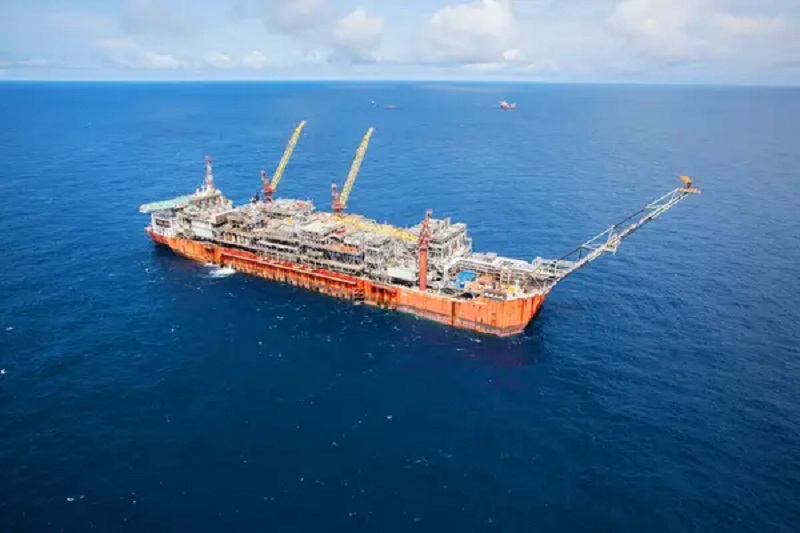
By Adedapo Adesanya
Nigeria’s oil exports will drop in February following the shutdown of the Bonga Floating Production Storage and Offloading (FPSO) vessel scheduled for turnaround maintenance.
Shell Nigeria Exploration and Production Company (SNEPCo) Limited confirmed the development in a statement issued, adding that gas output will also decline during the maintenance period.
This comes as SNEPCo begun turnaround maintenance on the Bonga FPSO, the statement signed by its Communications Manager, Mrs Gladys Afam-Anadu, said, describing the exercise as a statutory integrity assurance programme designed to extend the facility’s operational lifespan.
SNEPCo Managing Director, Mr Ronald Adams, said the maintenance would ensure safe, efficient operations for another 15 years.
“The scheduled maintenance is designed to reduce unplanned deferments and strengthen the asset’s overall resilience.
“We expect to resume operations in March following completion of the turnaround,” he said.
Mr Adams said the scope included inspections, certification, regulatory checks, integrity upgrades, engineering modifications and subsea assurance activities.
“The FPSO, about 120 kilometres offshore in over 1,000 metres of water, can produce 225,000 barrels of oil daily.
“It also produces 150 million standard cubic feet of gas per day,” he said.
He said maintaining the facility was critical to Nigeria’s production stability, energy security and revenue objectives.
Mr Adams noted that the 2024 Final Investment Decision on Bonga North increased the importance of the FPSO’s reliability. He said the turnaround would prepare the facility for additional volumes from the Bonga North subsea tie-back project.
According to him, the last turnaround maintenance was conducted in October 2022.
“On February 1, 2023, the asset produced its one billionth barrel since operations began in 2005,” Mr Adams said.
SNEPCo operates the Bonga field in partnership with Esso Exploration and Production Nigeria (Deepwater) Limited and Nigerian Agip Exploration Limited, under a Production Sharing Contract with the Nigerian National Petroleum Company (NNPC) Limited.
The last turnaround maintenance activity on the FPSO took place in October 2022. On February 1, the following year, the asset delivered its 1 billionth barrel of oil since production commenced in 2005.
-

 Feature/OPED6 years ago
Feature/OPED6 years agoDavos was Different this year
-
Travel/Tourism9 years ago
Lagos Seals Western Lodge Hotel In Ikorodu
-

 Showbiz3 years ago
Showbiz3 years agoEstranged Lover Releases Videos of Empress Njamah Bathing
-

 Banking8 years ago
Banking8 years agoSort Codes of GTBank Branches in Nigeria
-

 Economy3 years ago
Economy3 years agoSubsidy Removal: CNG at N130 Per Litre Cheaper Than Petrol—IPMAN
-

 Banking3 years ago
Banking3 years agoSort Codes of UBA Branches in Nigeria
-

 Banking3 years ago
Banking3 years agoFirst Bank Announces Planned Downtime
-

 Sports3 years ago
Sports3 years agoHighest Paid Nigerian Footballer – How Much Do Nigerian Footballers Earn


